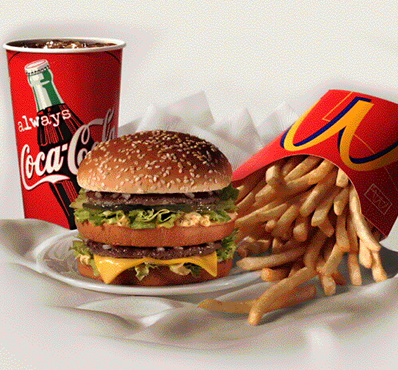Will Mindful Eating Help Curb Obesity?
Posted on
Supersized portions and high-calorie dishes in restaurants are often blamed for contributing to America’s obesity epidemic, and for good reason. People tend to carry more body fat if they eat out frequently, and they tend to consume more calories and fat in restaurants than they do when eating at home, studies suggest.
Eating 200 or 300 extra calories in a restaurant once or twice a week may not seem like a big deal, but those calories can add up.
“The restaurant is a high-risk food environment,” says Gayle Timmerman, Ph.D., a nursing professor at The University of Texas at Austin who studies eating patterns. “There’s a pretty good chance if you eat out frequently you’re likely to gain weight over time.”
How can people fend off these extra calories? We can stay away from restaurants altogether, of course, but for most of us that’s not a viable — or particularly appealing — option. A small new study, led by Timmerman and published this week in the Journal of Nutrition and Education Behavior, offers another potential strategy: mindful eating, a series of dining techniques that stress close attention to the enjoyment of eating and feelings of hunger and fullness.
I use My Fitness Pal for all of my meals, but scan the database at a restaurant to scout out the number of calories in a selection. Does this mindfulness work?
Apparently, as I now have lost 31 pounds in the past 200 days, while suing this technique. I, now weigh 231 pounds on the way down to a medically appropriate weight of around 180.


